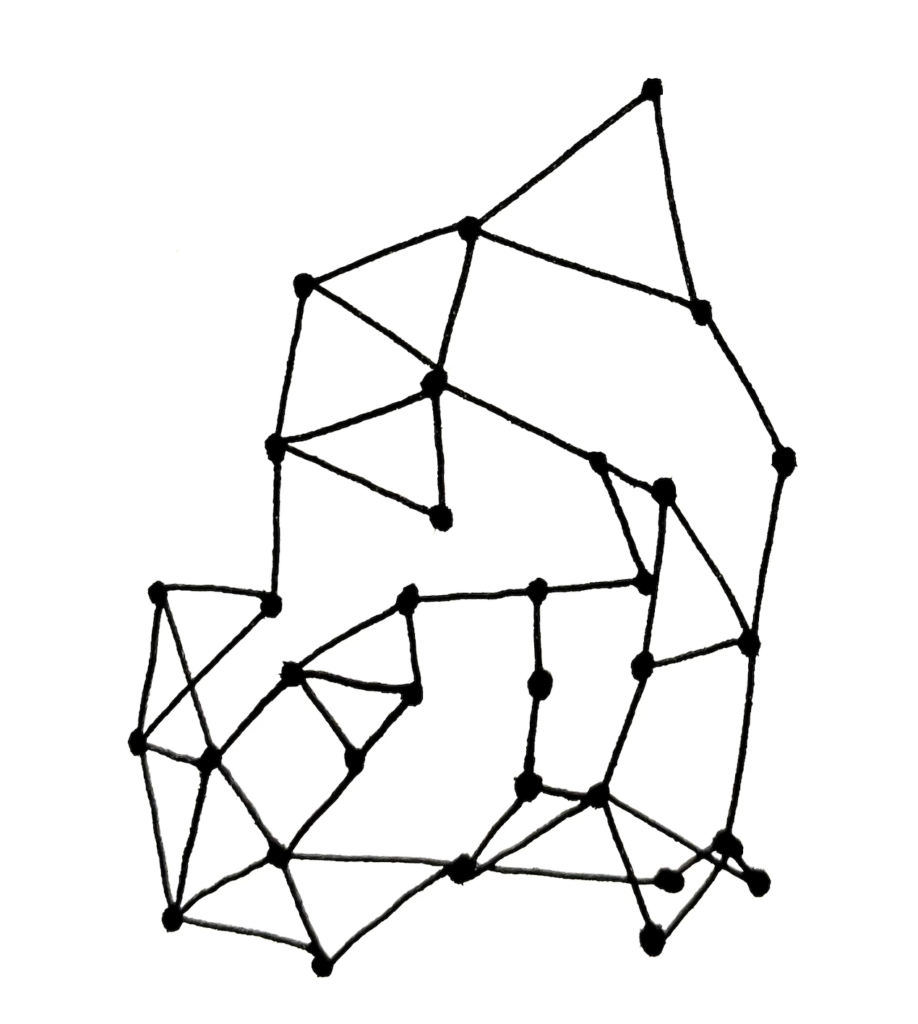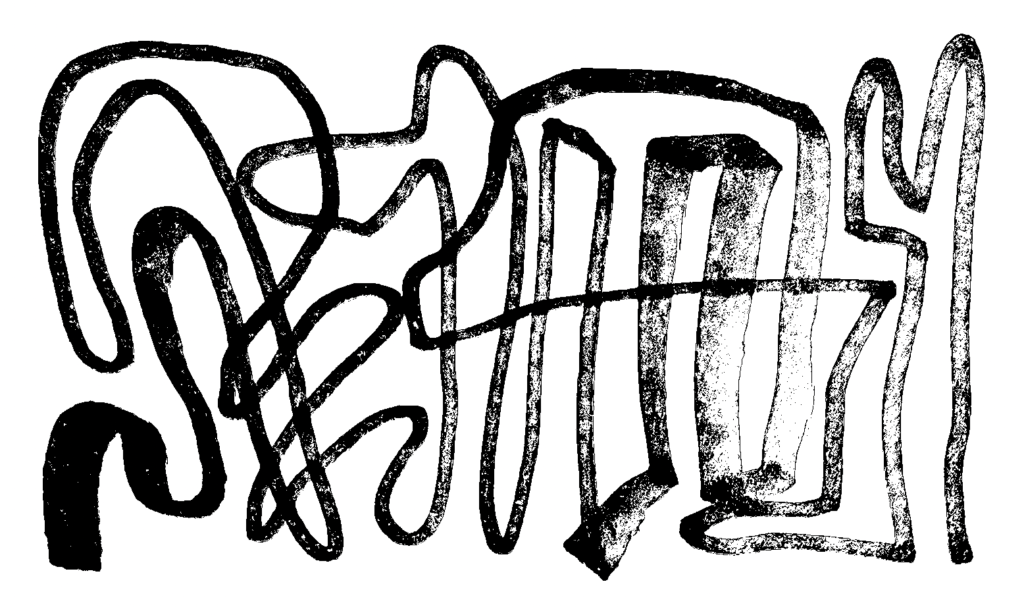What is arts-based research?

Arts-based research (ABR) is a now a well-established methodology centred on blending arts practices with research practices. A methodology is the guiding approach to conducting the research, like the flavour or mode of the research. This means that art-making itself becomes a way of collecting insight – or research data – and communicating research findings.
The term ABR can be considered as a broad umbrella category encompassing different related fractions of ABR e.g.: practice as research, a/r/tography, arts based inquiry. The Deschooling Art Education project identifies as ABR – broadly following Patricia Levy’s clarification of it – without subscribing to the nuances of one of these fractions.
Justifications for ABR
Why use this methodology?
1. Process: ABR has been claimed to be beneficial for the way it can “de-centre” the researcher from being in a position of control in order to embrace uncertainty and allow for a more participatory, organic approach to research where insights otherwise missed may more easily come to the surface (Strom, et al., 2018; Nathan et al., 2023).
2. Communication: ABR outputs have a greater potential to reach audiences outside of academic spaces and can have more of an emotional and sensory impact on wider audiences. Relatedly, ABR is not concerned with representing a single “objective” truth but rather seeks to provoke response and change (Chilton & Leavy. 2020).
“because art can provide unique access to interior life, it becomes a conduit to intimate self-knowledge and knowledge of others, accessing metaverbal ways of knowing that are particularly effective in evoking empathy and transformative understanding.”
Chilton and Leavy (2020)
Turning a critical eye to ABR
“conduit to intimate self-knowledge”
“unique access to interior life”
“transformative understanding”
“metaverbal ways of knowing”
Advocates of ABR – and Art education – have a tendency for making these fluffily ambiguous grand claims;
but what exactly are metaverbal ways of knowing? Is that actually achieved through ABR?
Take this squiggle to the right for example; is its visual language richer than verbal language? What if it was drawn it in response to the (faux research) question “how am I feeling about the PhD project?”.
A verbal description: flat nib marker pen on paper, continuous line, pathway line, confused lines, energetic lines, looping back on oneself; modification, scanned to digital image, now here on a screen, solid black line, exposed to reveal hidden grainy dots, detail, depth.
Is it art? Is it a helpful metaphor? Is it aesthetic? Is it expressive?
Does it tell you anything about how I might be feeling about the PhD project?

“Draw a continuous line in order to express yourself, your feelings” is almost becoming a cliche in both ABR and Art education — a cliche which should be raising serious questions about the quality and purpose of these practices.
Are we scared to admit that "art" produced through ABR isn't always "good" art?
Is this a problem? What even is “good” or “bad” art?
Is most “ABR art” something other-than art, just like “school art” isn’t quite art?
Is ABR merely illustrative of theoretical frameworks?
References
Chilton, G., & Leavy, P. (2020). Arts-Based Research: Merging Social Research and the Creative Arts. In P. Leavy (Ed.), The Oxford Handbook of Qualitative Research (p. 0). Oxford University Press. https://doi.org/10.1093/oxfordhb/9780190847388.013.27
Nathan, S., Hodgins, M., Wirth, J., Ramirez, J., Walker, N., & Cullen, P. (2023). The use of arts-based methodologies and methods with young people with complex psychosocial needs: A systematic narrative review. Health Expectations, 26(2), 795–805. https://doi.org/ 10.1111/hex.13705
Strom, K., Mills, T., & Ovens, A. (2018). Decentering the Researcher in Intimate Scholarship: Critical Posthuman Methodological Perspectives in Education. Emerald Publishing Limited. http://ebookcentral.proquest.com/lib/cam/detail.action? docID=5543342